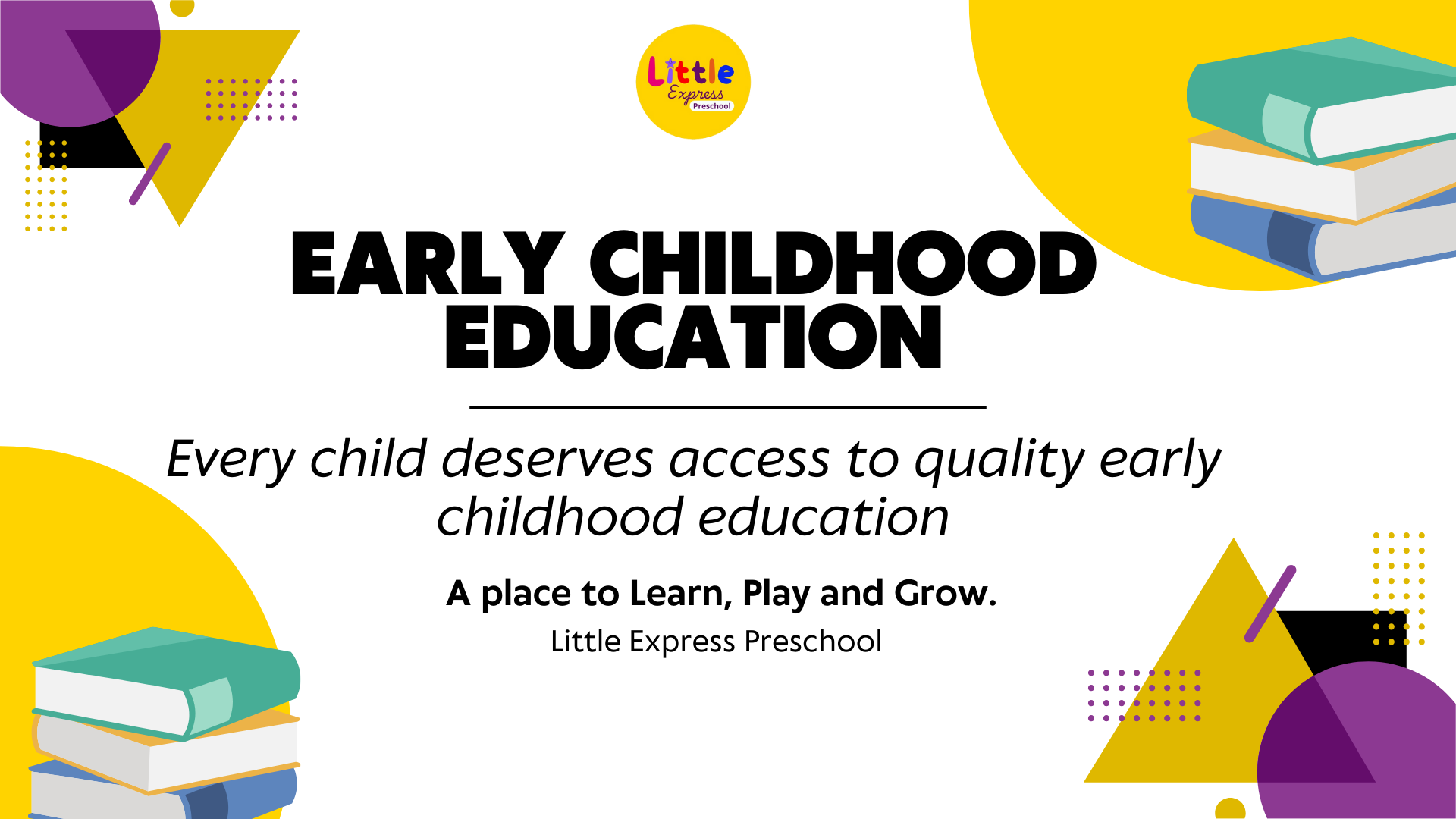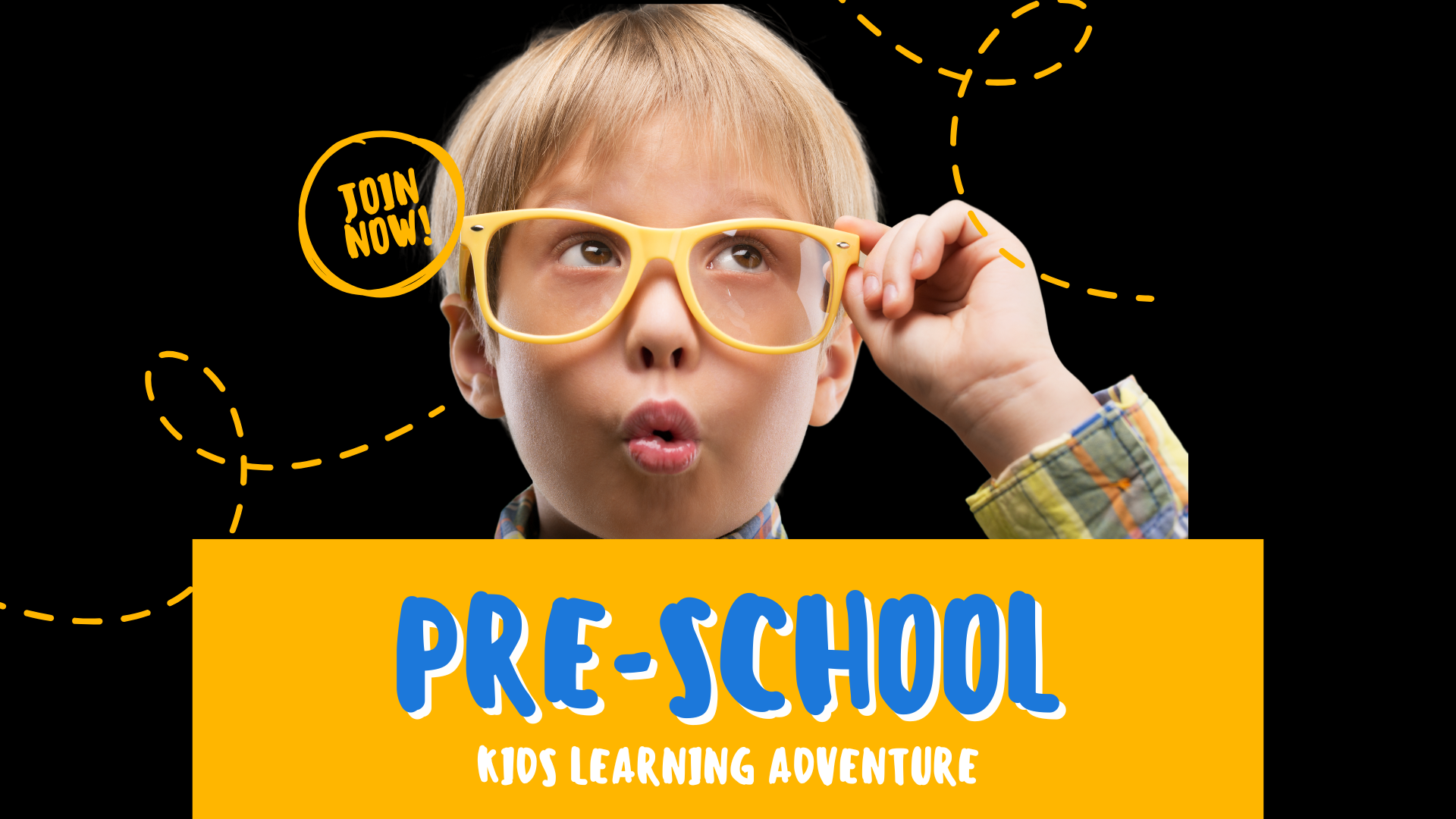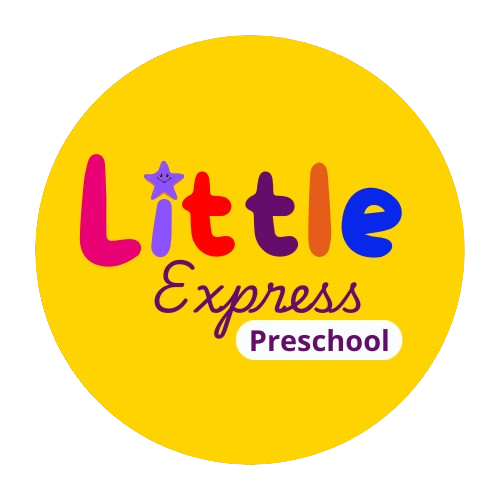10 Benefits of Education In a Preschool
10 Main Advantages of Nursery Education in a Preschool School Early childhood education is in itself of great importance in the growth and development of a child’s personality, cognitive skills, social skills, and emotional quotient. Indeed, it is in preschool that the first experience of structured learning takes place, which decides the child’s overall development process. With the enrollment of your child into a preschool, they are not only preparing to enter traditional schools but also contributes in countless ways that lay down a foundation for a lifetime. Here’s a dive into the 10 benefits of early childhood education in a preschool setting and why exactly it is so important.

Cognitive Development – Education in a Preschool
One of the paramount benefits of early childhood Education in a Preschool setting contributes highly toward cognitive development. The preschool environment exposes children to wide and diverse activities with learning experiences that encourage problem-solving, memory recall, critical thinking, and logical reasoning. Activities such as puzzles, building blocks, and storytelling encourage the growth of children’s brains by enhancing their cognitive functions. These basic skills therefore, improve not only their cognitive abilities but also prepare them for the systematic and the more complex learning experiences that accrue to later schooling.
This is due to the fact that at this age, children learn to comprehend things, obey instructions, and develop the capacity to concentrate more. It is through interactive activities that promote learning by experience for enhancing mental development in children. Thus, cognition results as one of the benefits associated with a preschool setting for early childhood education.
Social Skills Development
A child is provided with a formal practice environment by the preschool which encourages his or her social performance through interactions with both peers and adults. Early childhood education in a preschool setting teaches a child one of the most important things-that is, positive skills on interaction among people. By social interaction with other children in a group, children learn how to share, take turns, cooperate, and even work out a way to resolve any conflict arising in the process. This early experience in social interaction enables the children to become more confident in handling social situations.
What they would carry with them as they are bigger include effective communication and listening to the peers, respecting other people’s opinions. Education in a Preschool provides children with many opportunities that help them hone these skills to ensure that, socially, they will be ready to handle all sorts of interactions when needed. Among the greatest benefits of early childhood education is social skills development where children learn how to develop meaningful relationships and grow within the community.
Emotional Maturity
Emotional development is an indispensable aspect of early childhood education. Among the most critical strengths of preschool in early childhood education, children are taught how to master their emotions in a safety zone that is all set to support them. Situations require children to express feelings, such as joy, frustration, or sadness, thereby making the child formulate and express these feelings. They are instructed by teachers to walk them through understanding the feelings that they go through and how they should navigate their situations socially positively.
In preschool, the process of empathy starts-developing the ability to know and then have fellow feelings with others for feelings. When children become able to control their feelings as well as understand others’ feelings, then they grow as mature emotionally developed persons. This emotional maturity shall serve them to overcome the challenges they face in the course of their development as well as their busy lives of interaction with the world around them. These are some of the advantages early childhood education has for children in a preschool setting-an extremely essential one being emotional support.
Early Exposure to Structured Learning – Education in a Preschool
Yet another significant benefit of Education in a Preschool is the early exposure of children to a structured environment in which they would learn at an early age. In the school context, children become conditioned to receive instructions, concentrate on something, and utilize their time appropriately. This kind of structure is important because it will prepare children for the more formal learning institutions that they will go to when they start elementary school.
Preschool learning is structured in an interactive and age-acceptable way. Literacy skills: learning letters, numbers, colours, and shapes in a creative, fun way. Early acquaintance with structured learning makes it easier to make a classroom easier to adjust to when moving on to formal school, less shocking, yet rather as a normal course of events.
Language and Communication Skills
The most significant feature in early childhood Education in a Preschool is language development. This is definitely one of the biggest influences that early childhood education has in a preschool setting. All children get exposed to new words, phrases, modes of communication, and so much more in preschool. They are involved in acting out stories, singing songs, and having group discussions, all of which further helps develop their language and communication skills.
As much as preschool children communicate themselves orally, they are establishing a sound foundation for effective communication. They can vocalize their ideas to be able to express their thoughts to ask questions and listen attentively. It is in the development of these language skills that equips these young minds for success in school and for life.
Physical Development through Play
Many different benefits attributed to early childhood education within a preschool environment may be overlooked. Ensuring that children have developed properly in all aspects of development is a vast responsibility of Education in a Preschool setting. Not only do children develop on an intellectual level within this setting, but early childhood education helps aid the physical development of children as well. With play-based learning, children participate in a variety of activities that develop their gross and fine motor skills. As children participate in running, jumping, and playing with toys-objects requiring dexterity using hands-they develop coordination, balance, and strength.
It is an important aspect of preschool: outdoor play, which is absolutely necessary for any child’s physical well-being. Not only do they end up with strong bodies but also healthy lifestyles and habits in the long run. These, therefore, form an essential part of preschool education and contribute highly to children’s overall development
Encourages Creativity and Imagination – Education in a Preschool
Preschool is one of the most creative teaching environments whereby creativity is strongly nurtured and developed. This provides the children in preschool with ample opportunities to explore their creative potential through activities such as drawing, painting, role-playing, and storytelling. These are used to express one’s thoughts in creative ways.
Fostering creativity helps the children think creatively and solve problems in innovative ways. Through imagination, children learn to step into other people’s shoes and see things from their perspectives-a very important ability in life.

Encourages Independence and Confidence
It also nurtures preschool environments that teach children independence, which is another great advantage of early childhood education in a preschool. It ensures that the children are encouraged to make their choices and solve their problems. They have the responsibility of what they do. Independence leads to confidence as the children get to know their capabilities.
Preschool also promotes self-reliance through engaging activities like dressing themselves, personal arrangement, and simple tasks on their own. Such experiences enable the children to gather substantial confidence to face new challenges so that they may succeed in the learning process.
Prepares Children for Formal Schooling
One of the greatest practical benefits of early childhood Education in a Preschool setting is getting children ready for formal school. Preschool education introduces children to formal academic ideas in reading and writing, basic concepts which form cornerstones for future academic education. Early engagement in such concepts enables these children to perform better from kindergarten throughout their subsequent education.
Besides preparing the children academically, preschool outfits them with sufficient social and emotional competency to excel in a school environment. It readies them early on for this new thing and challenge: knowing they will encounter academics with higher success than otherwise.
Instills Lifelong Learning Attitudes – Education in a Preschool
One of the longest-lasting aftereffects of preschool is that it instills a lifelong love of learning in the child. The preschool setting encourages a child to explore, ask questions, and examine things, so when he walks out of the preschool setting, curiosity and an eager desire to learn become deeply ingrained in his attitude, forming the groundwork for a lifetime of learning.
Preschool encourages a healthy attitude toward education; in return, it will make children enjoy the learning process. This attitude is majorly significant for academic success and the overall development of one’s life.
Conclusion
Preschool education in early childhood gives the child a number of benefits. Starting from cognitive to emotional maturity, preschool plays a very crucial role in laying down foundations for success as the child progresses into more meaningful things in life. Preschool enrollment for your child presents any kind of opportunity that develops well about the child, ensuring they are adequately prepared for the challenges and joys of lifelong learning.


1 thought on “10 Benefits of Early Childhood Education in a Preschool Setting”